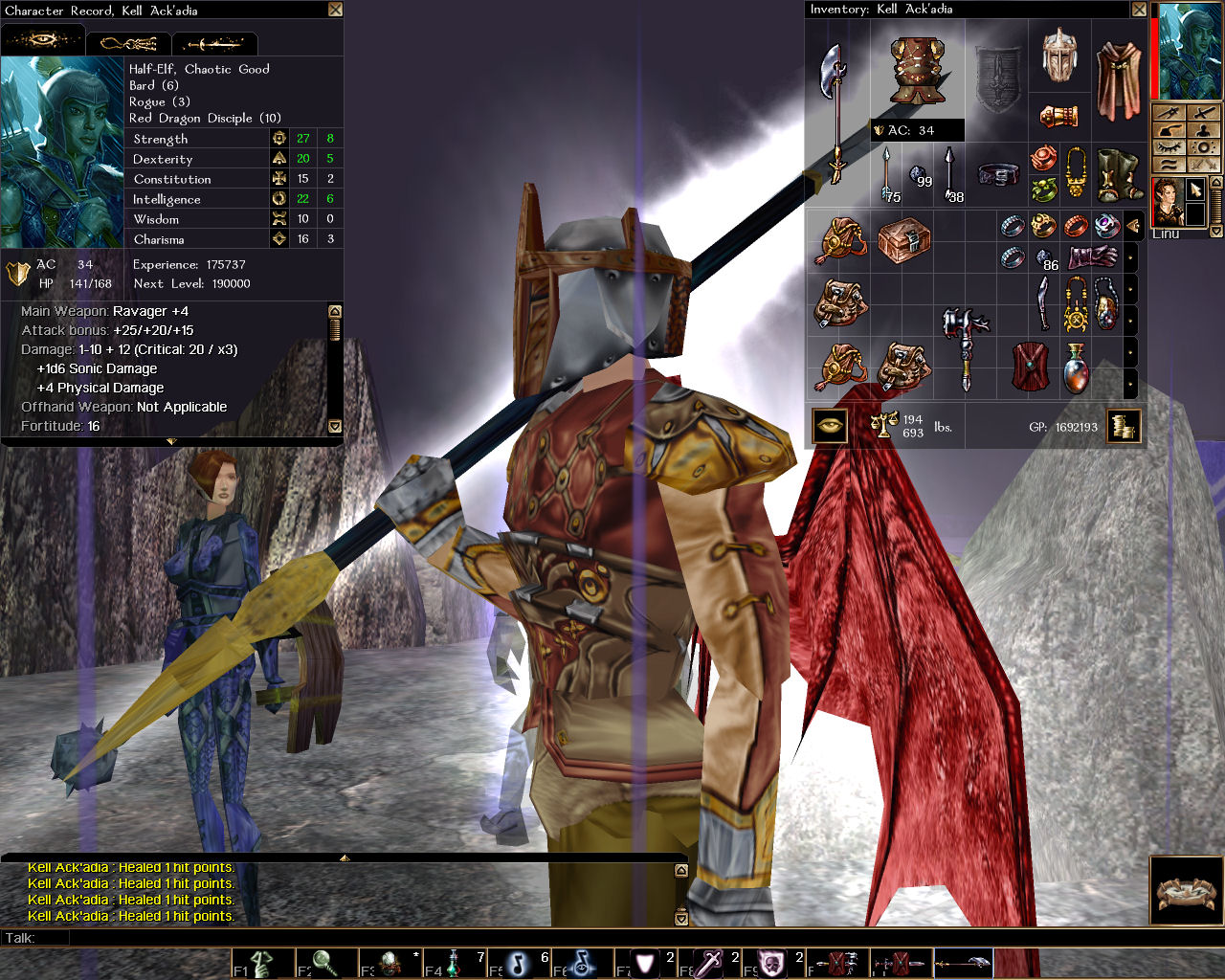
Henchman Management As noted above, selecting a henchman who complements your abilities is very important. Mages can also just cast direct damage spells-a well-placed fireball will demolish a chest or a weak door, lock, trap, and all.Īnimal Empathy While it is nowhere near as important as the previous two, animal empathy will allow you to engage in some otherwise unavailable tasks in the first chapter of Shadows of Undrentide. But what about the poor fighter? What about the mage? If you don't want to pour all your points into rogue skills, just take one with you: Dorna Trapspringer will be the henchman you want. Rogues get enough skill points that they can become masters of the art of jimmying and disabling fairly quickly. They are everywhere, and they need to be dealt with. It can be prohibitively expensive if it isn't one of your class skills, though, so as an alternate you can boost your charisma with potions of eagle's splendor for those times when a silver tongue is more important than a bloody blade. The persuade skill helps immensely with this. Talking will occasionally help you avoid fighting, and it will sometimes be the only way to solve a quest. Persuade You'll do a lot of talking in Shadows of Undrentide. While each class has some good skills to choose, there are a few that are key for everyone. Speaking of creating a character, there are certain skills that you should probably consider more than others. But it can't hurt to familiarize yourself with them at some basic level, especially when creating a character.

BioWare have been kind enough to put all that in the background. You don't actually need to know the rules of D&D to enjoy the game. DC stands for "difficulty class." When you roll the dice and attempt to disarm a trap, for instance, the DC is the number you must roll (in addition to any modifiers) to disable the trap. Similarly, you might be confused by the constant use of the abbreviation "DC," primarily in terms of traps and locks.

So, if a dagger does 1d4 cold damage, Shadows of Undrentide simulates rolling one four-sided die. The common notation for dice in D&D is XdY, where X is the number of dice, and Y is the type of die rolled. Neverwinter Nights: Shadows of Undrentide uses simulated dice. So here's a very, very basic tutorial regarding some of the terms used in this guide.ĭungeons & Dragons uses dice. Some of the terminology used may seem foreign to someone who hasn't spent many late nights rolling 20-sided dice and eating slice after slice of stale pizza. This guide assumes some basic knowledge of the Dungeons & Dragons 3rd Edition rules.

Arcane Archer Assassin Blackguard Harper Scout Shadowdancer


 0 kommentar(er)
0 kommentar(er)
